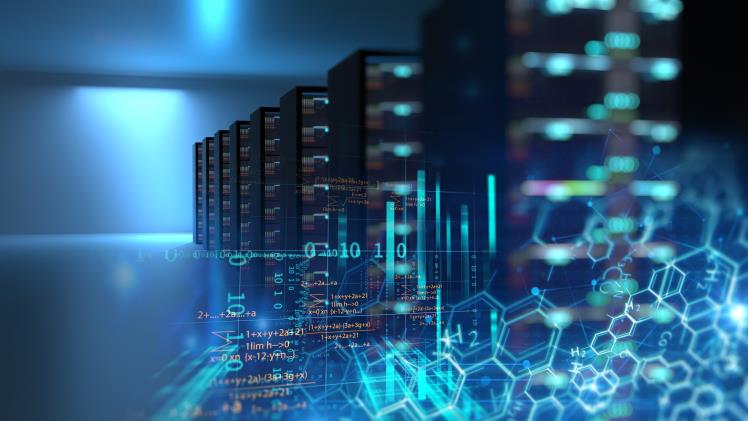By blending physical and digital realms, the Internet of Things (IoT) vastly expands the reach of information technology. The myriad possibilities that arise from the ability to monitor and control things in the physical world electronically have inspired a surge of innovation and enthusiasm. The sweeping changes that IoT can bring to how companies manage physical assets, how consumers attend to their health and fitness, and how cities operate have also inspired visions of a very different future, as well as a good deal of hype.
McKinsey has been involved in the Internet of Things over the years and we have seen how rapid advances in technology and know-how have exceeded our expectations—and yet how difficult it will be to obtain the greatest benefits of IoT implementations, which require creating highly complex systems and coordinating technology, investment, and talent across both space and time. This research is a collaboration between the McKinsey Global Institute and McKinsey’s Telecommunications, Media, and High Technology Practice.
It builds on more than five years of previous research as well as knowledge developed in work with clients across industries. Our goal has been to determine more clearly how IoT applications create value for companies, consumers, and economies. To distinguish between the hype and the reality, we focus on actual “use cases” that exist today or are likely to be implemented in the next 10 years. We also estimate potential value using a “settings” perspective—how IoT technology is used in physical environments such as cities or factories.
This allows us to see how much additional value can be captured when IoT applications interact with one another and with other information systems. MIchael Chui, an MGI partner, James Manyika and Jonathan Woetzel, MGI directors, and Peter Bisson, director of McKinsey’s TMT Practice in North America, led this effort. Dan Aharon led the research team, which included Wei-Chuan Chew, Krishna Esteva, Vasanth Ganesan, Faheem Kajee, and Saurabh Mittal.
We are grateful for the generous contributions of time and expertise from McKinsey colleagues from many practices and functions, including members of the Business Technology Organization (BTO). We thank MGI Director Richard Dobbs, and McKinsey Directors Jacques Bughin, Tor Jakob Ramsøy, and Dilip Wagle. Geoffrey Lewis provided editorial support and Julie Philpot led production with Marisa Carder, senior graphic designer. We also thank MGI external communications director Rebeca Robboy, Tim Beacom (knowledge operations specialist), and Deadra Henderson (manager of personnel and administration).
McKinsey colleagues Bede Broom, Greg Gilbert, Saum Sutaria, Jordan Van Laer, and Sri Velamoor provided insight on human health. Venkat Alturi, Naveen Sastry, Jeremy Schneider, and Shekhar Varanasi helped with home and office settings. Taylor Larson, Dev Patel, Roger Roberts, and Khiloni Westphely provided input on retail environments. Jamie Cattell, Richard Kelly, Brian Milch, Sree Ramaswamy, and Dominik Wee helped with factory settings (including hospitals).
Finally
We thank Rocco Colazonte, Christopher Forr-Rydgren, Alex Liebman, Mukani Moyo, Frederic Remond, Richard Sellschip, and Richard Ward for their support on worksite industries (mining, oil and gas, and construction). Michele Bertoncello, Jürgen Müller, O Sung Kwon, and Robin Riedel gave insights about IoT in vehicles and outside settings. Our research on IoT in cities was aided by Adrian Booth, Shannon Bouton, Tyler Duvall, Sergio Martin Guerrero, Jürgen Laartz, Jaana Remes, and Mikhail Savkin. Kevin Boehler, Arvind Govindarajan,
If you are looking for download the latest movies for free, you can download free movies here pagalmovies.
Read more about forexinghub.





